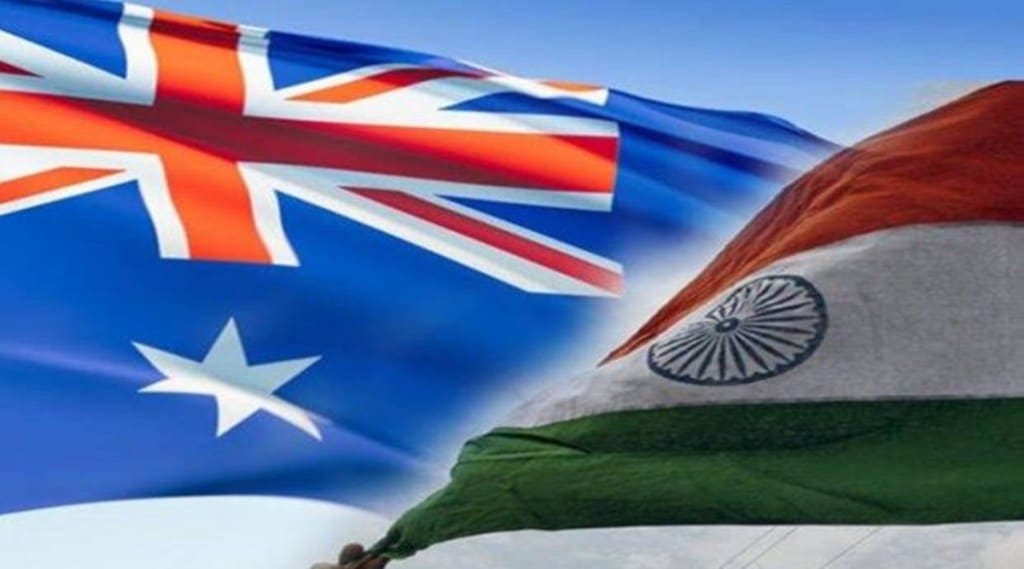Prime minister Narendra Modi hailed the interim trade deal—or economic cooperation and trade agreement (ECTA)—between India and Australia as a “watershed moment” as it increases the resilience of supply chains and contributes to the stability of the Indo-Pacific region. India’s outreach to this region, however, is still evolving on the trade and investments front. Not so long ago, it turned away from the Regional Comprehensive Economic Partnership, comprising the Association of Southeast Asian Nations together with China, Japan, South Korea, Australia and New Zealand.
India also is reviewing its free trade agreements with ASEAN, Japan and South Korea. For such reasons, the lower level of ambition for the deal with Australia is perhaps entirely in order. Such agreements are for trade in a limited set of goods and services. They could be a precursor for a full-fledged FTA but only much later, if at all. Such deals typically entail tariff reductions on selected items while leaving out more sensitive areas for later discussions. From India’s point of view, one such area was dairy items that have been kept out of the deal. New Delhi has also offered only limited access in agriculture. Australia, in turn, has secured preferential access to the Indian market for raw materials such as coal, aluminium and premium wines. “This agreement opens a big door into the world’s fastest-growing major economy for Australian farmers, manufacturers, producers and so many more,” stated Australia’s PM Scott Morrison.
The ECTA’s most important takeaway is that Indian yoga instructors, chefs, students and STEM (science, technology, engineering and mathematics) graduates will have easier access to Australia. The latter has provided an annual quota for such professionals to enter as contractual service providers entitled to stay for a period up to four years. Australia has pledged greater access in about 135 sub-sectors and the most favoured nation (MFN) status in 120 sub-sectors. India has offered Australia market access in around 103 sub-sectors and MFN status in 31 sub-sectors from the 11 broad service sectors like business services, communication services, construction and related engineering services. India’s IT firms also stand to benefit as Australia has agreed to amend its domestic laws to stop taxing their offshore income, resulting in savings of $200 million every year. The upshot is that given India’s comparative advantages in services, gains from services trade offsets what it loses from deficits in goods trade. Extension of this agreement to services, especially mode 4 movement of skilled professionals, could well be a template for our forthcoming trade talks with the UK and the EU, for instance. In sharp contrast, the limited progress in services negotiations over the movement of natural persons has been a major source of frustration for India, especially in its FTA with ASEAN.
Considering the stakes involved in the Indo-Pacific region, there is a warrant for a higher level of ambition to ensure that its early harvest agreement with Australia graduates into a full-fledged FTA. Australia has much to offer a rising power like India, notably, access to raw materials needed for its growing economy. Negotiations entail a process of give and take for greater access to each other’s markets. If India seeks greater market access, it must also allow partners to sell more of their goods and services. Trade thus can be a win-win situation for both partners. Greater comfort levels in implementing the ECTA can indeed provide the basis for more ambition in attempting a higher order full-fledged FTA with Australia. This would be an important step for India to recalibrate its economic outreach to the bustling Indo-Pacific region.
